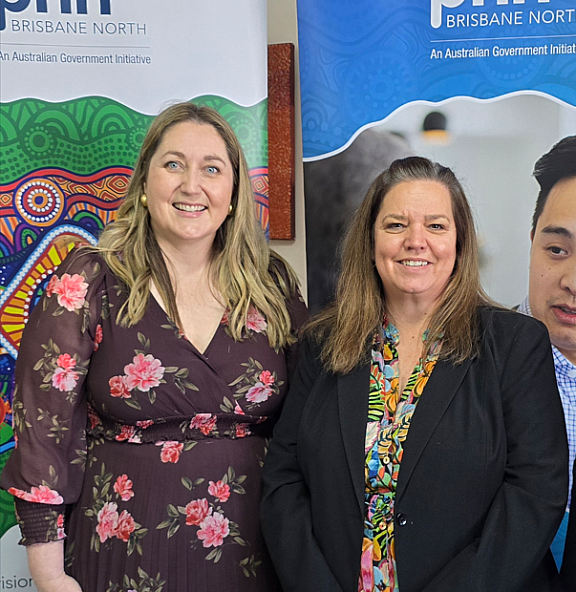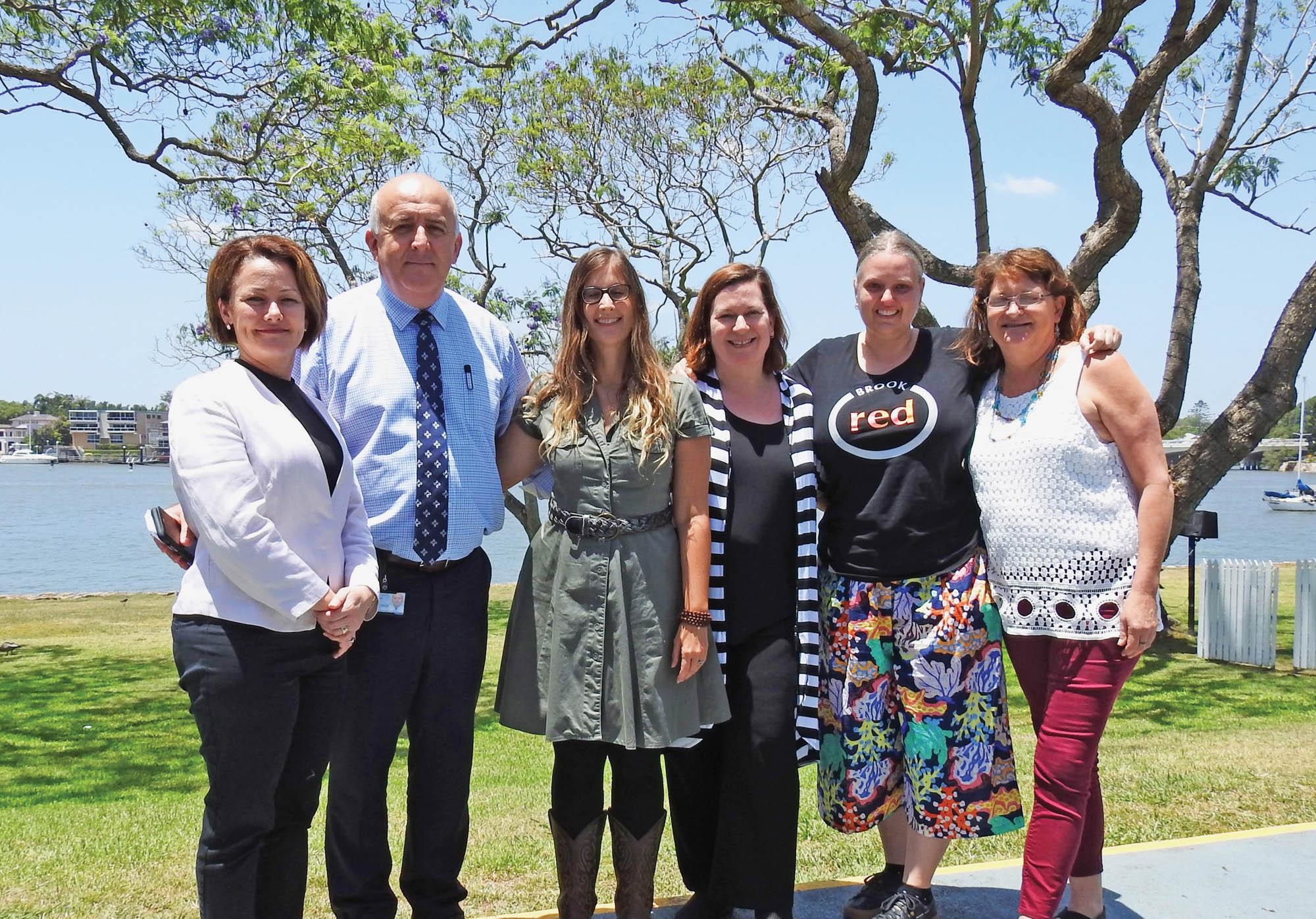
Announced: North Brisbane and Moreton Bay Medicare Mental Health Centres opening from July
Mar 27, 2025
Jan 20, 2020

A toolkit for embedding people with experience of mental health challenges into public and private workplaces and non-government organisations has just been launched.
The Mental Health Lived Experience Workforce framework provides practical advice and resources for any organisation employing or looking to employ lived experience staff.
It was developed by RMIT University researchers led by lived experience academic Dr Louise Byrne, and funded by the Queensland Mental Health Commission. Queensland Mental Health Commissioner Mr Ivan Frkovic said the framework represented a comprehensive guide to harnessing the knowledge of employees who had experience of mental ill-health.
“People with personal experience of mental health challenges and the ways our systems respond to them offer unique insight and are well-placed to support those working in and using mental health services,” Mr Frkovic said.
He said the new framework was designed to be flexible and transferable, so it could be adapted across a range of workplaces.
“For example, Queensland Health has harnessed the key concepts and adapted them to suit the public mental health sector. Lived experience workers have a vital role in mental health, but there is also great potential for them to contribute to other organisations across the public and private sector.”
Dr Byrne said the framework provided practical guidance for organisations to employ, train, supervise and support staff in dedicated lived experience roles.
Her team identified three main pillars for an effective lived experience workforce:
“We are seeing an increase in the number of people employed for their lived experience, but there may not be sufficient understanding in organisations about the roles they are able to fill and the value they bring to the organisation, beyond empathy with clients,” Dr Byrne said.
“This can result in poor support structures or planning around the roles, with the risk that lived experience workers might not be fulfilling their potential.
Louise Byrne is one of Australia's leading lived experience researchers.
Dr Byrne said lived experience employees had the greatest impact when upper management made a long-term commitment to the roles.
“Unfortunately, many organisations are lacking confidence when employing lived experience staff, resulting in reduced impact. We hope resources like the framework will change both perceptions and practices.”
Download the Lived Experience Workforce Framework at: www.qmhc.qld.gov.au.
Pictured above: Dr Leanne Geppert, Executive Director of the Queensland Mental Health Commission; Mr Ivan Frkovic, Queensland Mental Health Commissioner; Dr Louise Byrne, RMIT University; Deb Pratt, Manager at Queensland Mental Health Commission; Eschleigh Balzamo, General Manager at Brook RED; Paula Arro, Lived Experience Engagement Coordinator, Brisbane North PHN.
Reprinted with thanks to RMIT University News.

We acknowledge the Traditional Custodians within our region: the Jagera, Turrbal, Gubbi Gubbi, Waka Waka and the Ningy Ningy peoples of where we meet, work and learn. Brisbane North PHN is committed to reconciliation. Our vision for reconciliation is where the stories of our First Nations’ people are heard and shared, and networks are formed.